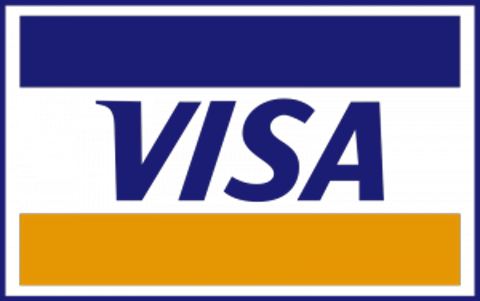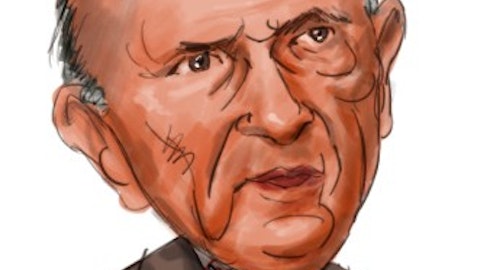
In that spirit, we three Fools have banded together to find the market’s best and worst stocks, which we’ll rate on The Motley Fool’s CAPS system as outperformers or underperformers. We’ll be accountable for every pick based on the sum of our knowledge and the balance of our decisions. Today, we’ll be discussing Visa Inc (NYSE:V), the world’s largest electronic payment processing network.
Visa by the numbers
Here’s a quick snapshot of the company’s most important numbers:
| Statistic | Result (TTM or Most Recent Available) |
|---|---|
| Market cap | $116.5 billion |
| Price/book | 4.4 |
| Price/sales | 10.5 |
| Forward P/E | 20.7 |
| Cash/debt | $2.72 billion / $0 |
| Revenue breakdown (mrq) | Service: $1.37 billion Data processing: $1.15 billion International transaction: $0.83 billion Other: $0.18 billion Incentives: ($0.57 billion) |
| Competitors | Mastercard Inc (NYSE:MA) American Express Company (NYSE:AXP) Discover Financial Services (NYSE:DFS) |
Source: Yahoo! Finance, Visa quarterly report, mrq = most recent quarter.

Source: U.S. Navy. Commons.wikimedia.org.
Sean’s take
There is no such thing as a riskless investment, but I have to admit that Visa comes extremely close. Aside from a global recession, Visa has positioned itself in multiple respects for sustained low double-digit growth.
To begin with, Visa Inc (NYSE:V) and its biggest rival Mastercard Inc (NYSE:MA) are merely payment processors. American Express Company (NYSE:AXP) and Discover Financial Services (NYSE:DFS) act as both payment processors and lenders, which allow them to double-dip in profits, but it also exposes them to bad debt write-offs if the economy weakens and consumers stop paying their bills. As simple as payment processing sounds, it leaves Visa and Mastercard Inc (NYSE:MA) with no bad debt exposure and the freedom to grow with little risk.
Visa Inc (NYSE:V) is also making big inroads overseas. The majority of global transactions are still conducted in cash, which leaves a moat of opportunity in emerging markets. In its most recent quarter, cross-border volume grew by 10%, which I believe should be a fairly consistent baseline for the company moving forward.
Prepaid debit cards are another of immense opportunity for Visa because many people had their credit harmed during the financial crisis. With annual prepaid debit card growth of 15% to end last decade, it’s still a solid growth opportunity that’s still largely untapped.
Finally, Visa has done a great job of returning money to investors via a dividend that’s more than tripled over the past four years. It’s also added billions in share repurchases which reduce the outstanding share count and make the company appear cheaper relative to its profits.
You can read a more detailed analysis about the key points that make me feel confident about Visa’s future by clicking here. However, in a one sentence summation, these factors make Visa Inc (NYSE:V) a perfect buy-and-hold candidate.
Alex’s take
In the long run, it makes sense to bet on the expanding use of credit cards around the world. As Sean pointed out, most transactions are still done in cash, but there’s plenty of room to expand in the non-cash transaction volume before Visa Inc (NYSE:V) even needs to consider chipping away at all those cash payments. In North America and Asia, 60% of the non-cash payments are made with credit or debit cards, but less than 40% of non-cash transactions in Europe or the BRIC nations are credit-based. Simply expanding its reach in the extant non-cash sector would be enough to drive growth before an assault on the cash economy needs to take place.
The downside risk to investing in a company working with financial services is that economic headwinds often hurt the financial sector harder than others. But Visa Inc (NYSE:V)’s superior market position and better business model (also highlighted by Sean earlier) actually makes it a viable defensive investment during a recession or a slowdown, as you can see from this graph of the company’s share-price movement relative to its peers:

V Total Return Price data by YCharts.

